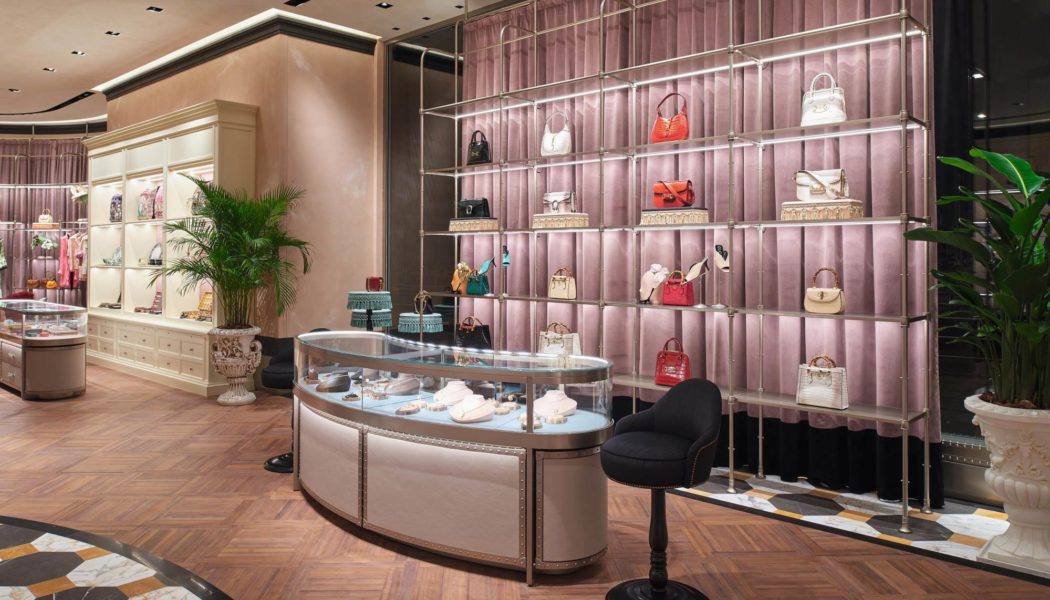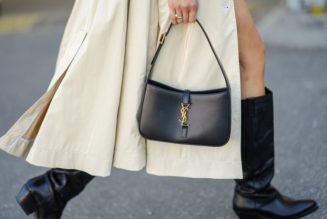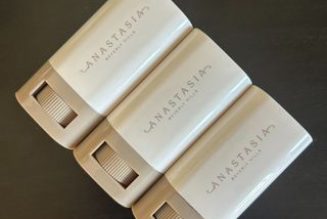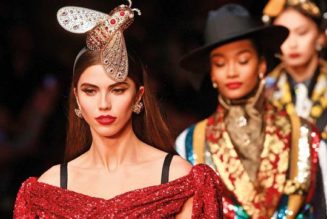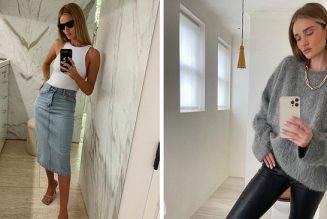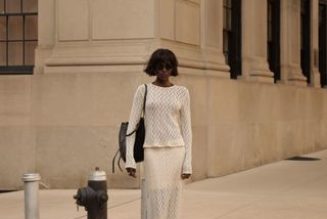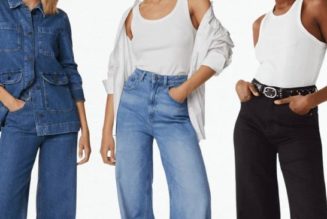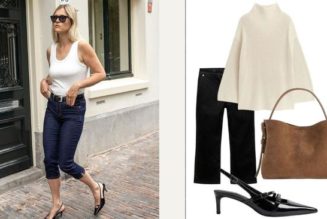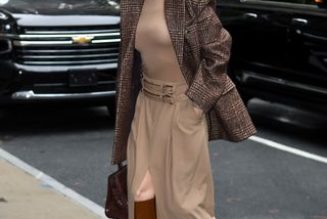The luxury market tends to be more resilient than other sectors during economic instability because of high demand, among other factors. That said, is this inflationary period actually a good time to invest in luxury goods? We took a closer look.
Buying luxury goods amid inflation
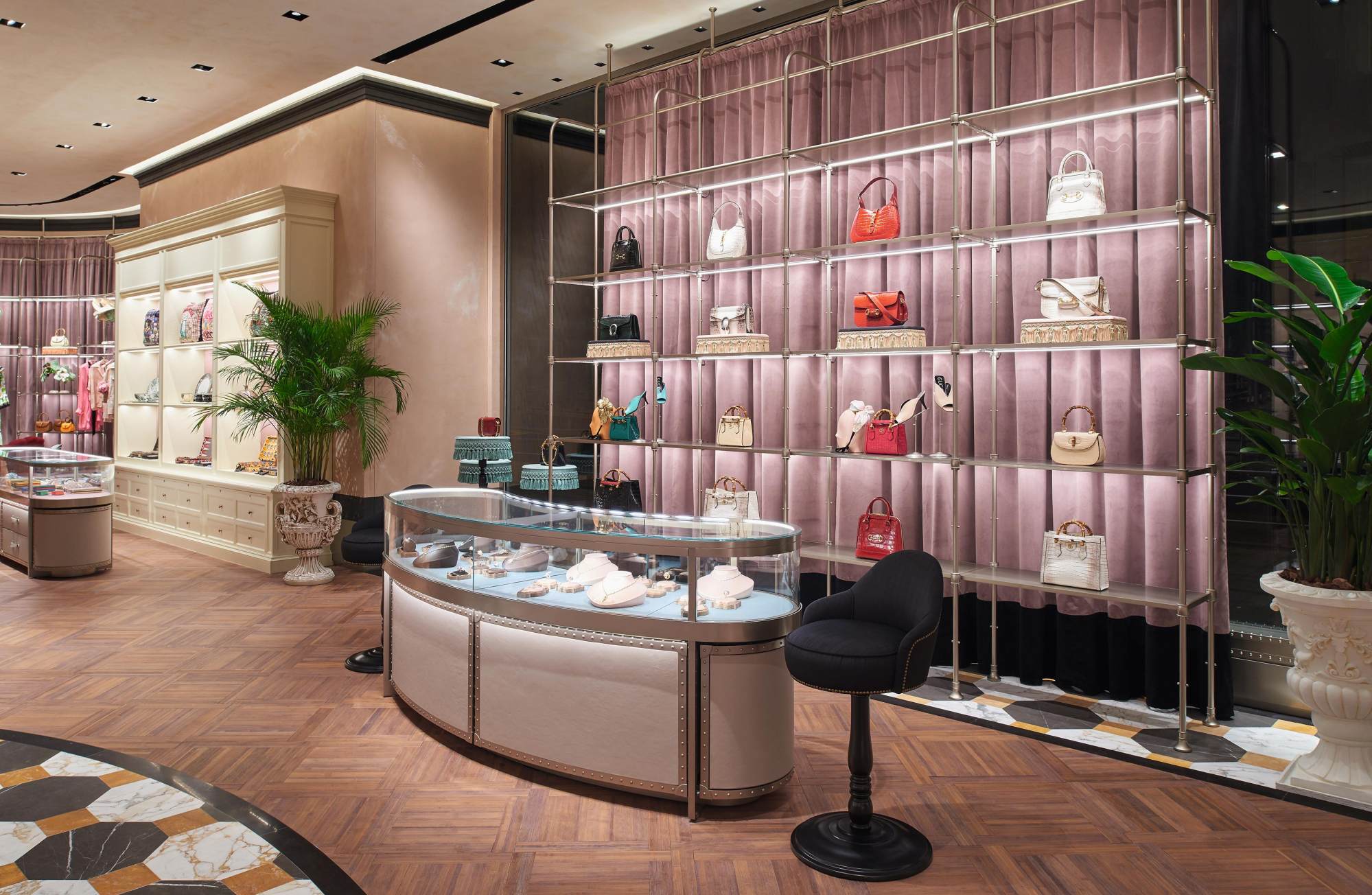
The US Federal Reserve has raised interest rates 11 times since March 2022 in an attempt to cool inflation. Interest rates are the highest they’ve been in 22 years and, consequently, we’ve seen the cost of borrowing increase and spending on non-essential goods decrease.
Tech bro bling: 9 watch brands that Silicon Valley millionaires love
Tech bro bling: 9 watch brands that Silicon Valley millionaires love
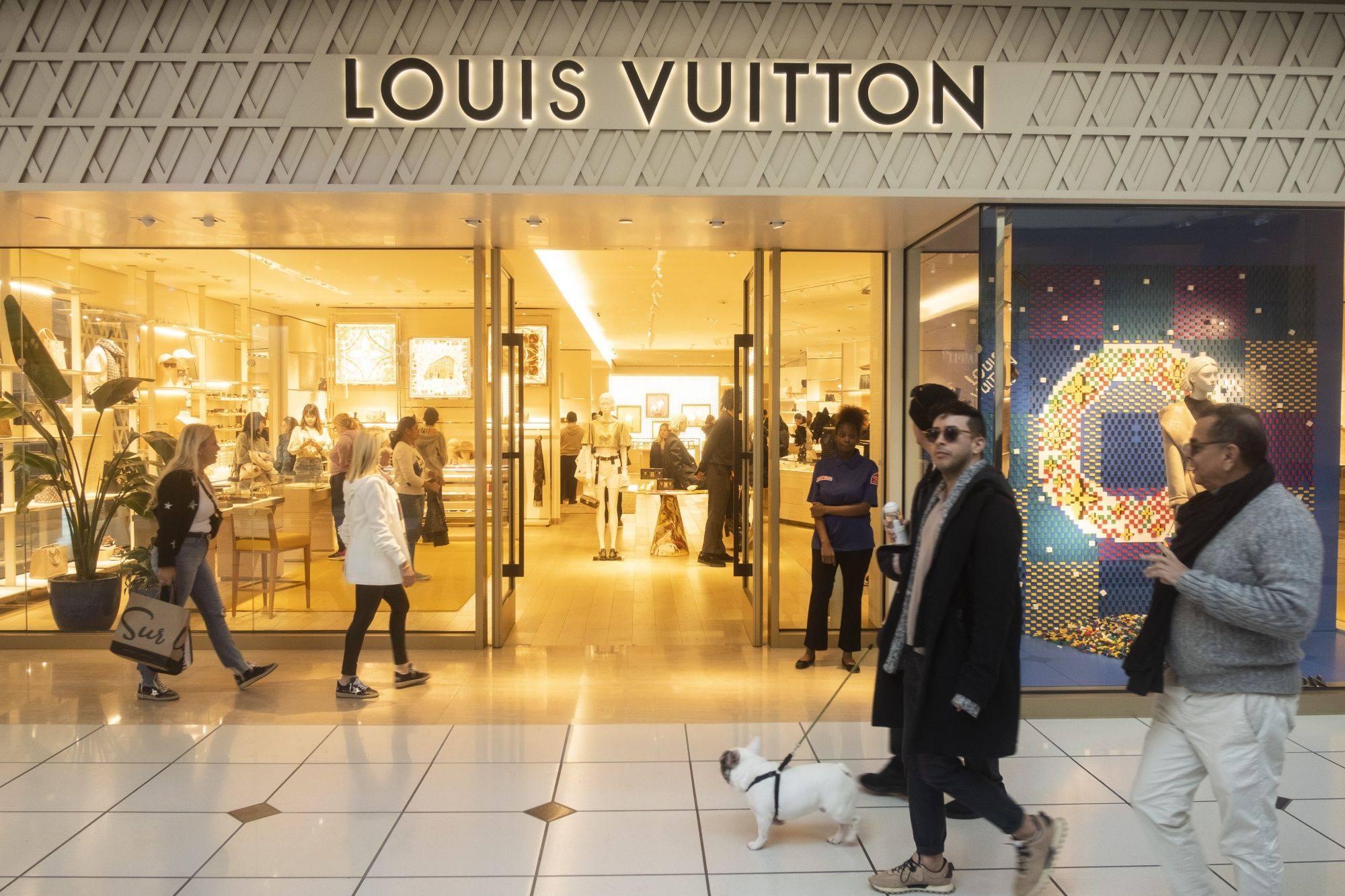
Luxury brands raised the prices of their products by almost 17 per cent in 2020 and early 2021 in response to lower sales during Covid-19, according to a 2022 study by KPMG International. This change is significant considering typical price increases are five per cent to 10 per cent. These price increases didn’t only benefit luxury brands; people who invested in these goods in prior years may have also seen gains.
Advertisement
Gloria H. Gill, a retiree who we spoke to on Facebook Messenger, said the value of her large classic Chanel bag has more than doubled in about seven years. Gill bought the bag for US$4,800 in Paris in 2016. It now has a market value of around US$10,000.
8 luxury bags made famous in films and TV shows, from Mean Girls to SATC
8 luxury bags made famous in films and TV shows, from Mean Girls to SATC
“I have sold bags before, but I doubt I’ll sell this one,” Gill said. “It’s listed in my will, and my sons are aware of its high value.”
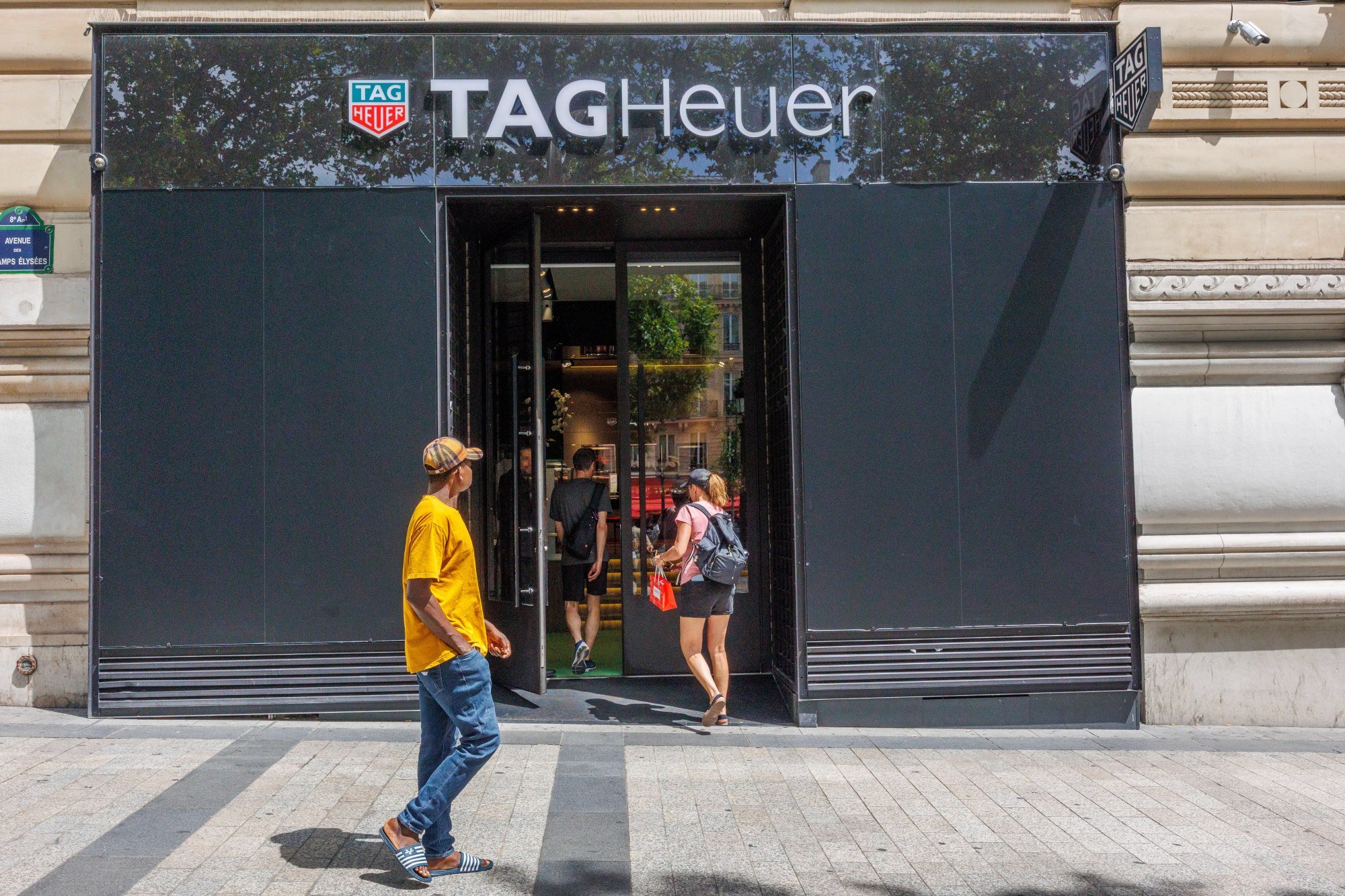
Luxury goods can sometimes hedge against inflation when they appreciate in value, says William Huston, founder of Bay Street Capital Holdings, which has offices in Los Angeles, New York and Fremont, California.
As with any investment, there are risks. As Huston points out, your money could potentially earn a higher rate of return elsewhere. Also, your item could get lost or destroyed, or it may be difficult to resell.
Shining bright: how Rihanna and The Weeknd are fuelling the bling watch trend
Shining bright: how Rihanna and The Weeknd are fuelling the bling watch trend
Assess your financial foundation first
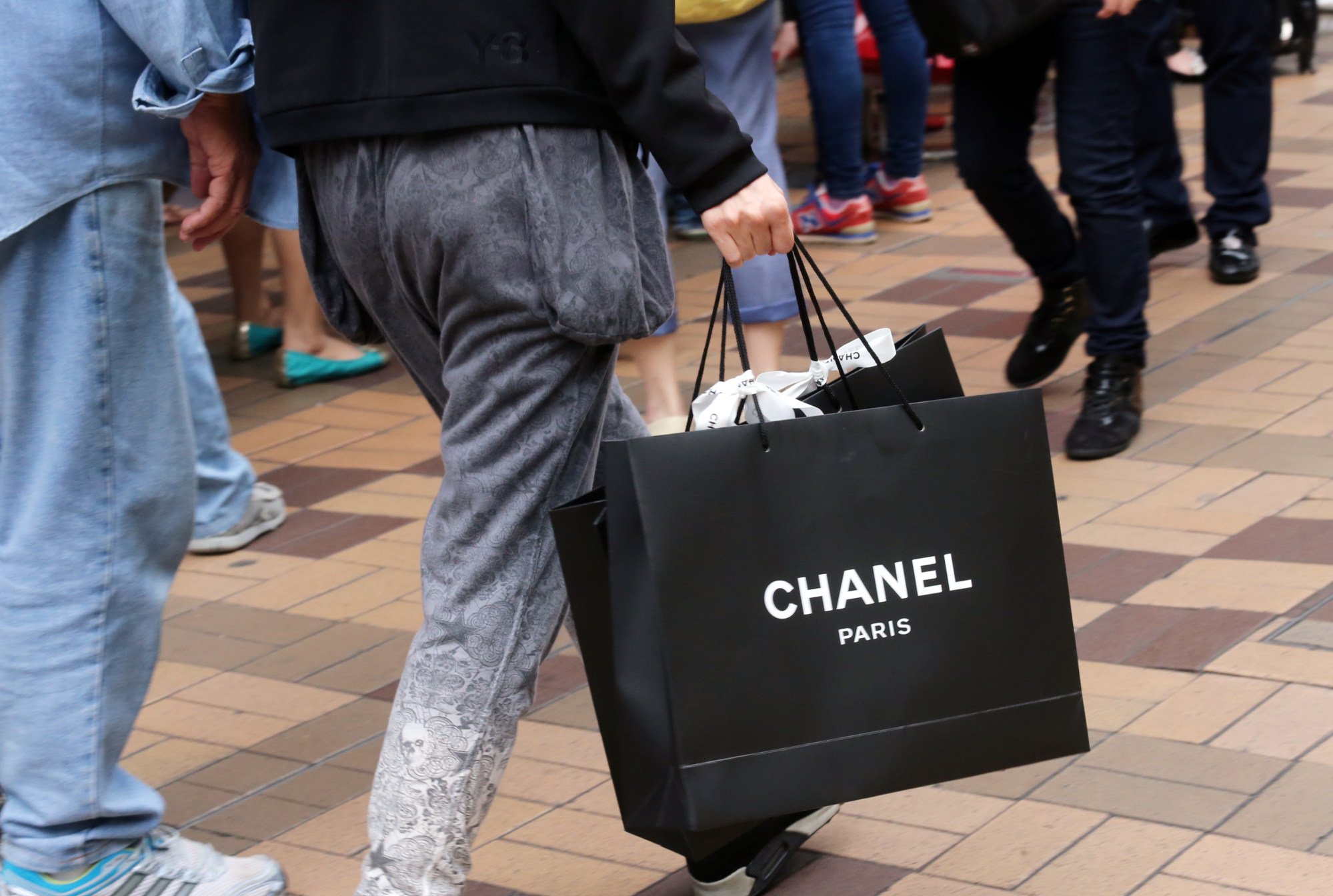
Before investing in anything, assess your financial situation. For instance, is your emergency fund well stocked? Keep in mind that possessions are considered “illiquid assets” – not quickly convertible to cash if you need it in a pinch.
Advertisement
Also, saving for retirement comes before investing in luxury goods, says Dora Meyer, a certified financial planner at WellAcre Global Wealth Advisors in Santa Monica, California.
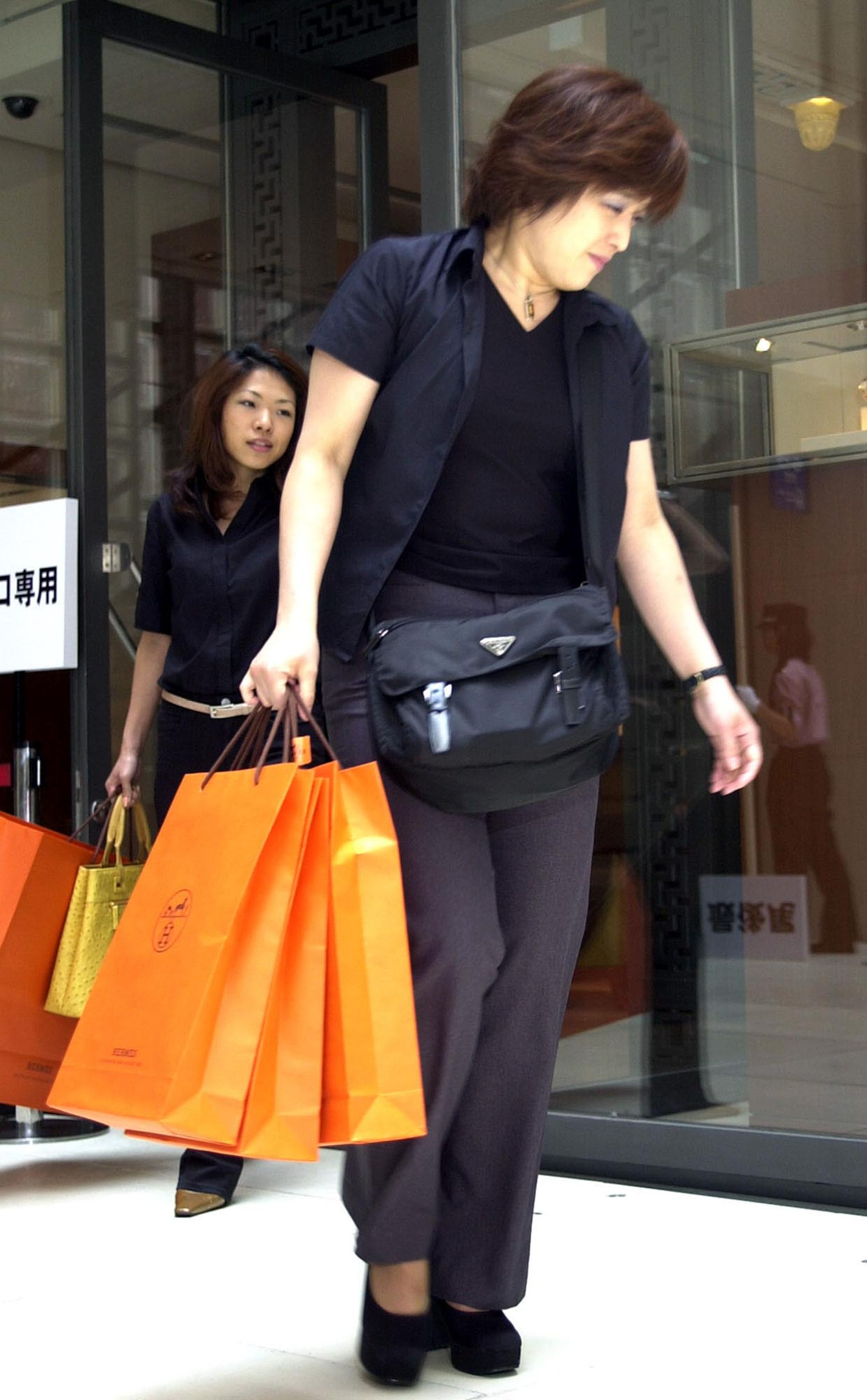
“Make sure you are taking advantage of any tax-advantaged accounts, so your 401(k), your Roth IRAs, before you look at investing in something like this. [And] your HSA,” she says, referring to retirement accounts in the US.
10 richest beauty billionaires of 2023 – net worths, ranked
10 richest beauty billionaires of 2023 – net worths, ranked
Investing in timeless pieces
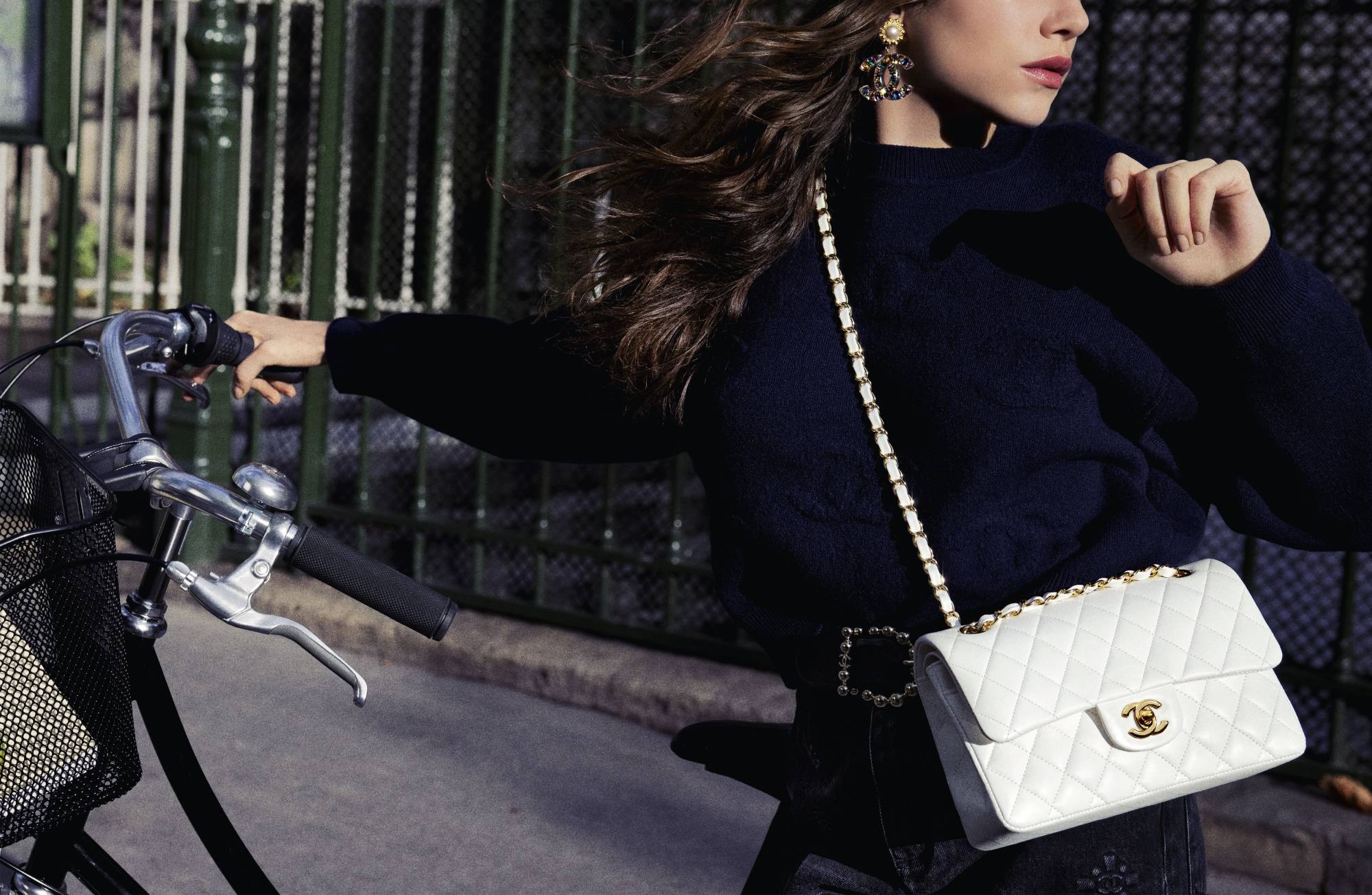
Valerie Schwank owns the Fashionista Consignment Boutique in Coconut Grove, Florida, where she buys and sells luxury goods. Schwank has seen a significant boom in her business since the pandemic began and is an advocate for investing in luxury pieces. She recommends buying timeless and high-quality pieces, as they tend to hold their value.
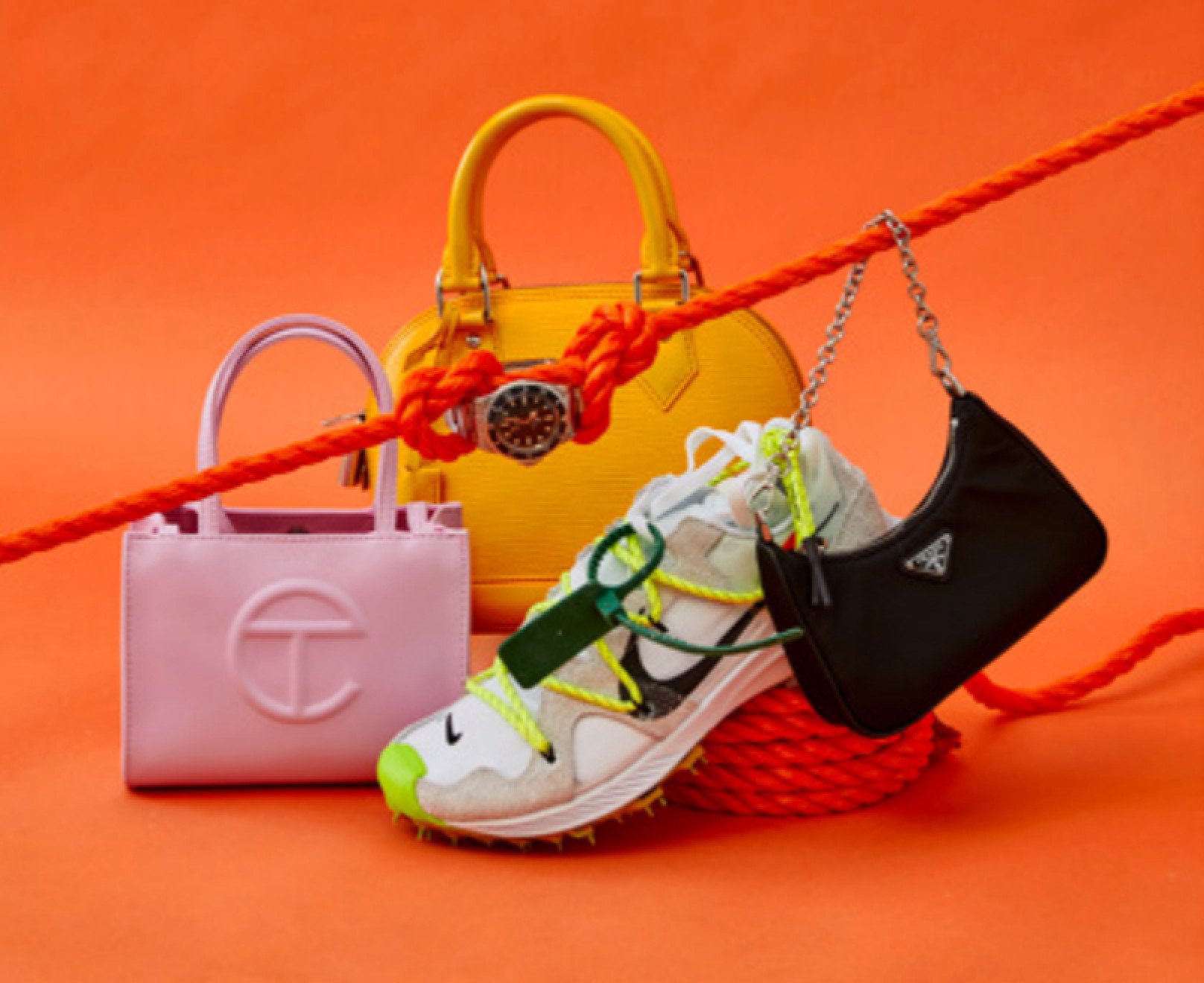
Think about factors like the colour and materials of items, too. That often differentiates timeless luxury goods from ones that won’t hold as much value over time. Keeping your items in good shape, especially if you plan to resell, is also important, Schwank says.
Inside the transformation of Chet Hanks, son of Tom Hanks and Rita Wilson
Inside the transformation of Chet Hanks, son of Tom Hanks and Rita Wilson
Calculating your potential returns
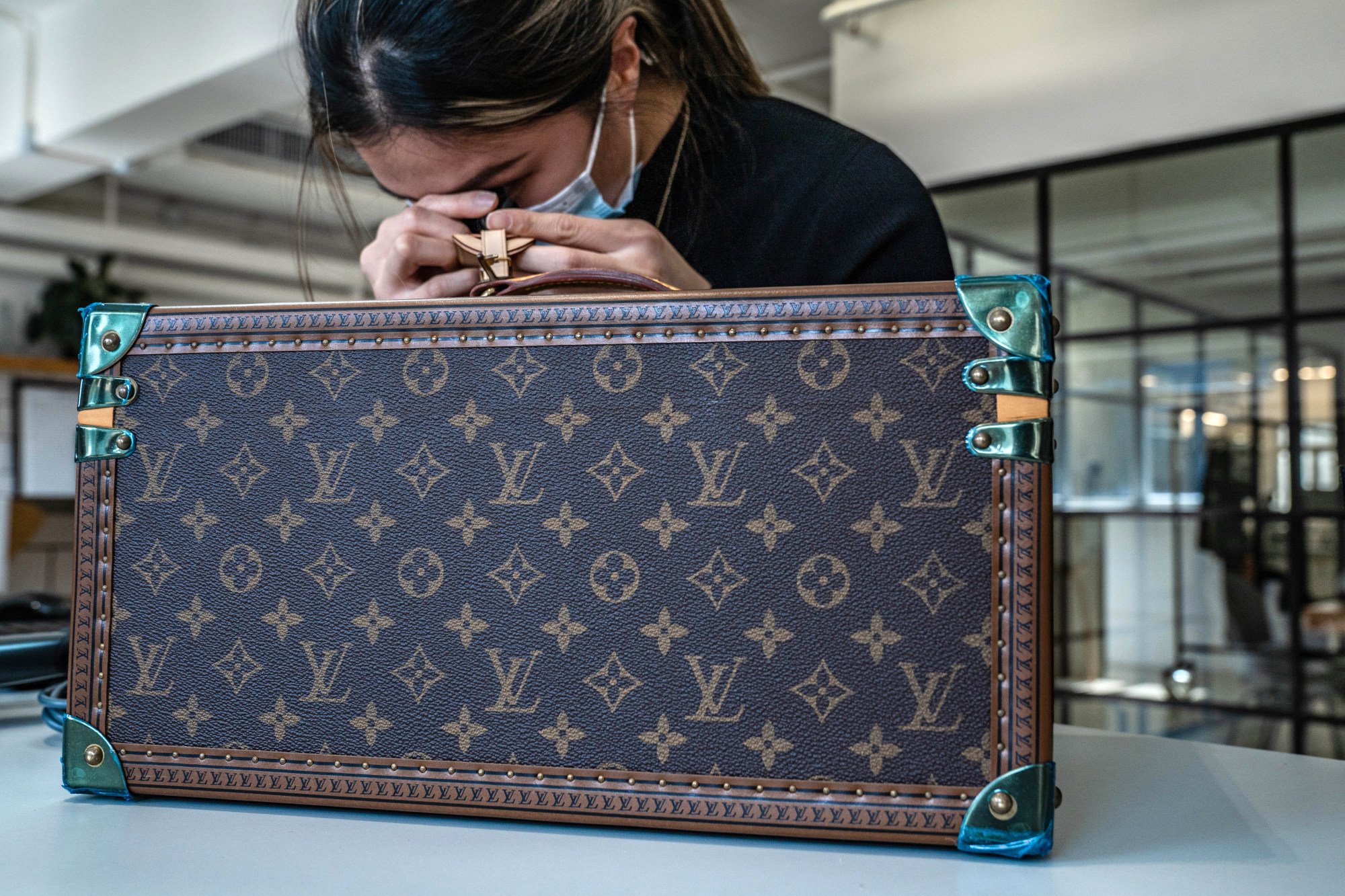
Advertisement
Huston advises having a financial plan before making a luxury investment. “With the financial plan, you’d be able to see, ‘I’m 30 years old, I’m gonna save US$300 a month,’” he says, as an example. That plan can give you context to decide, “‘That’s a meaningful amount of money to me and I can afford that US$300, and it’s better for me to save US$300 in my 401(k) than to buy a watch,’” he says.

Advertisement
“A lot of this luxury stuff is negotiable because again, it’s illiquid” and not easily converted to cash, he says. “So if you find the right person selling the right thing at the right time, you can get it for a really good value because they just want to get some of their money back.”
Advertisement
